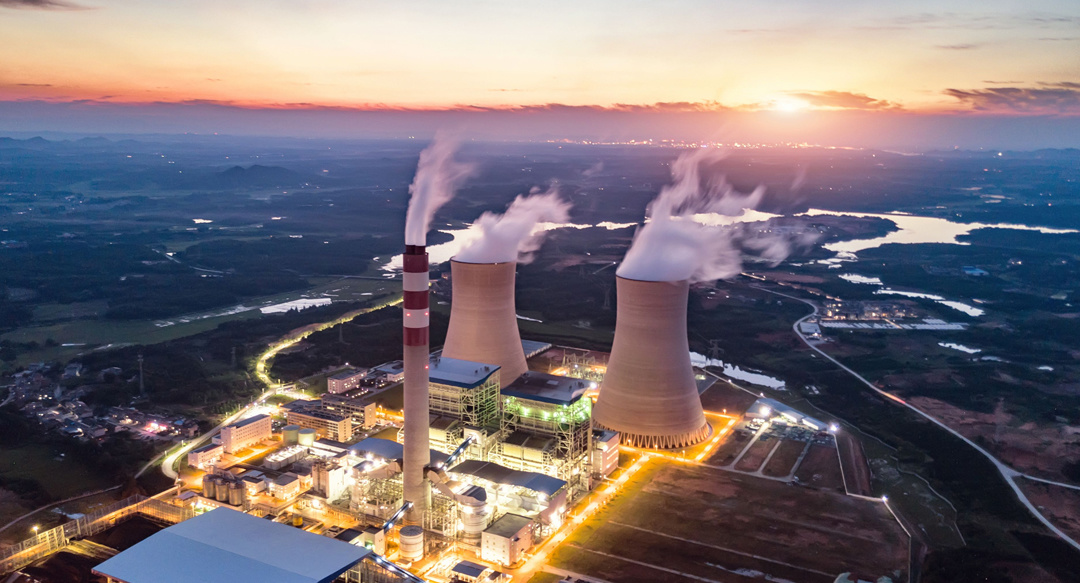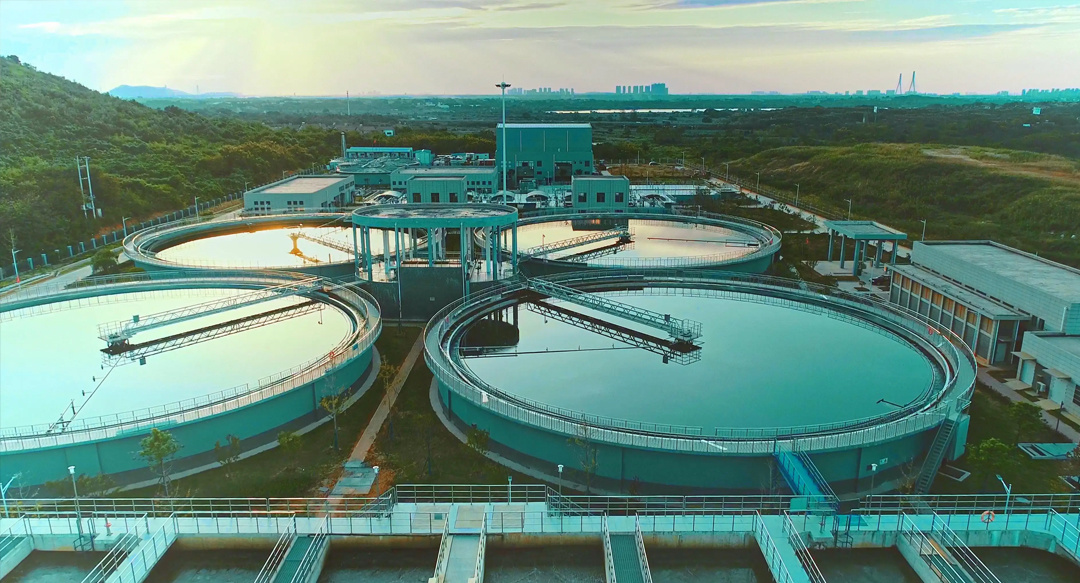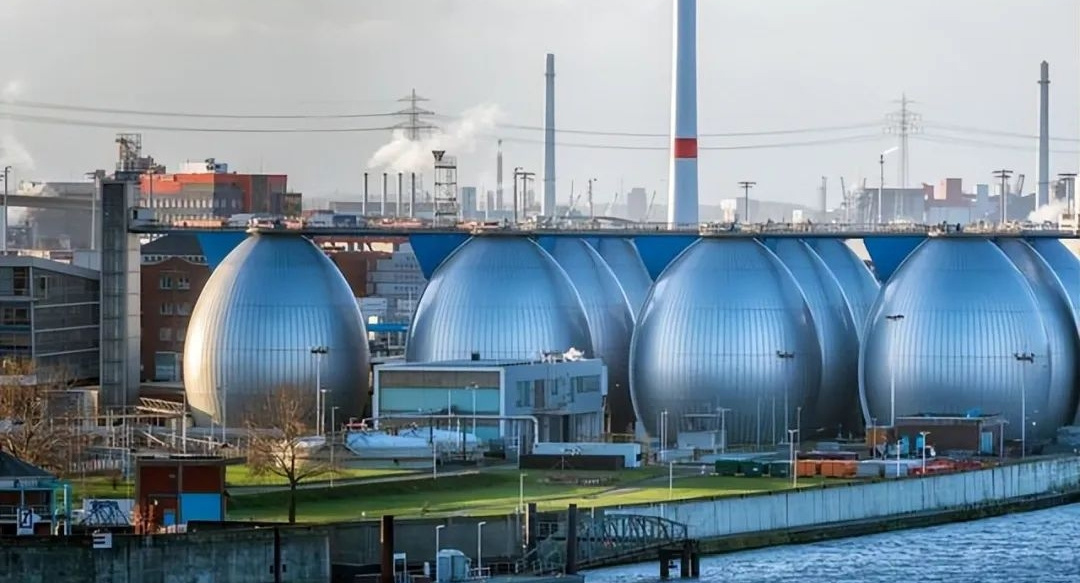Water & Power
Dominic valve actuators, as core components of fluid control systems, play a crucial role in fields such as water supply, wastewater treatment, and power stations. The following is a detailed analysis of their specific application scenarios and technical features:
I. Water Supply Sector
1. Application Scenarios
Dominic's regulation of water supply networks: Electric or hydraulic actuators are used to adjust main pipeline valves to balance regional water pressure (e.g., reducing pressure at night to prevent pipe bursts).
Water plant process control: Pneumatic butterfly valve actuators are employed in sedimentation tanks, filtration tanks, and other stages to dynamically adjust the dosage of coagulants (with ±2% accuracy).
Secondary water supply systems: Intelligent electric actuators are equipped with proportional-integral control valves to maintain constant pressure in high-rise buildings (typical pressure control accuracy of 0.1 MPa).
2. Technical Requirements
- Food-grade sealing materials (such as EPDM rubber) must meet drinking water hygiene standards.
- IP66 protection rating to cope with the underground installation environment.
II. Wastewater Treatment Field
1. Application of Dominic Process Steps
Inlet Water Control: Pneumatic knife gate valve actuator (response time < 2s) quickly isolates wastewater exceeding standards
Aeration System: Electric control valve precisely controls aeration volume (DO value maintained at 2-4mg/L)
Sludge Treatment: High-pressure hydraulic actuator (thrust up to 50kN) drives diaphragm pump valve
2. Dominic Special Design
- 316L stainless steel housing + PTFE coating for H2S corrosion resistance
- ATEX certified explosion-proof actuator for biogas recovery systems
- Self-cleaning valve stem design to prevent fiber entanglement
III. Power Station Applications
1. Dominic Thermal Power Plant Application
- Main Steam System: High-temperature actuators (withstanding temperatures up to 650°C) control the main steam valve.
- Feedwater System: Hydraulic actuators (pressure class 2500) drive the feedwater regulating valve.
- Desulfurization and Denitrification: Electric actuators precisely meter the lime slurry (flow error < 1.5%).
2. Dominic Hydropower Application
- Cylindrical hydraulic actuators drive the turbine guide vanes (response time < 50ms).
- Maintenance cycle of underwater actuators extended to 10 years (with special surface treatment).
IV. Technological Development Trends of Dominic
1. Intelligent Upgrade
- Integration of multi-parameter sensors such as vibration and temperature
- Support for predictive maintenance algorithms (fault warning accuracy > 85%)
2. Energy Efficiency Optimization
- Low-power Design (Standby Power Consumption < 2W)
- Energy Recovery Hydraulic System
3. Application of New Materials
- Graphene-reinforced composite valve stem
- Superhydrophobic surface treatment technology
Dominic prioritizes the life-cycle cost (LCC) in project design. For critical facilities such as nuclear power plants, actuators with fail-safe functionality should be selected and at least a dual-channel position feedback system should be configured.








